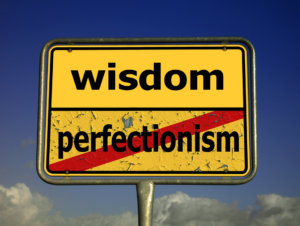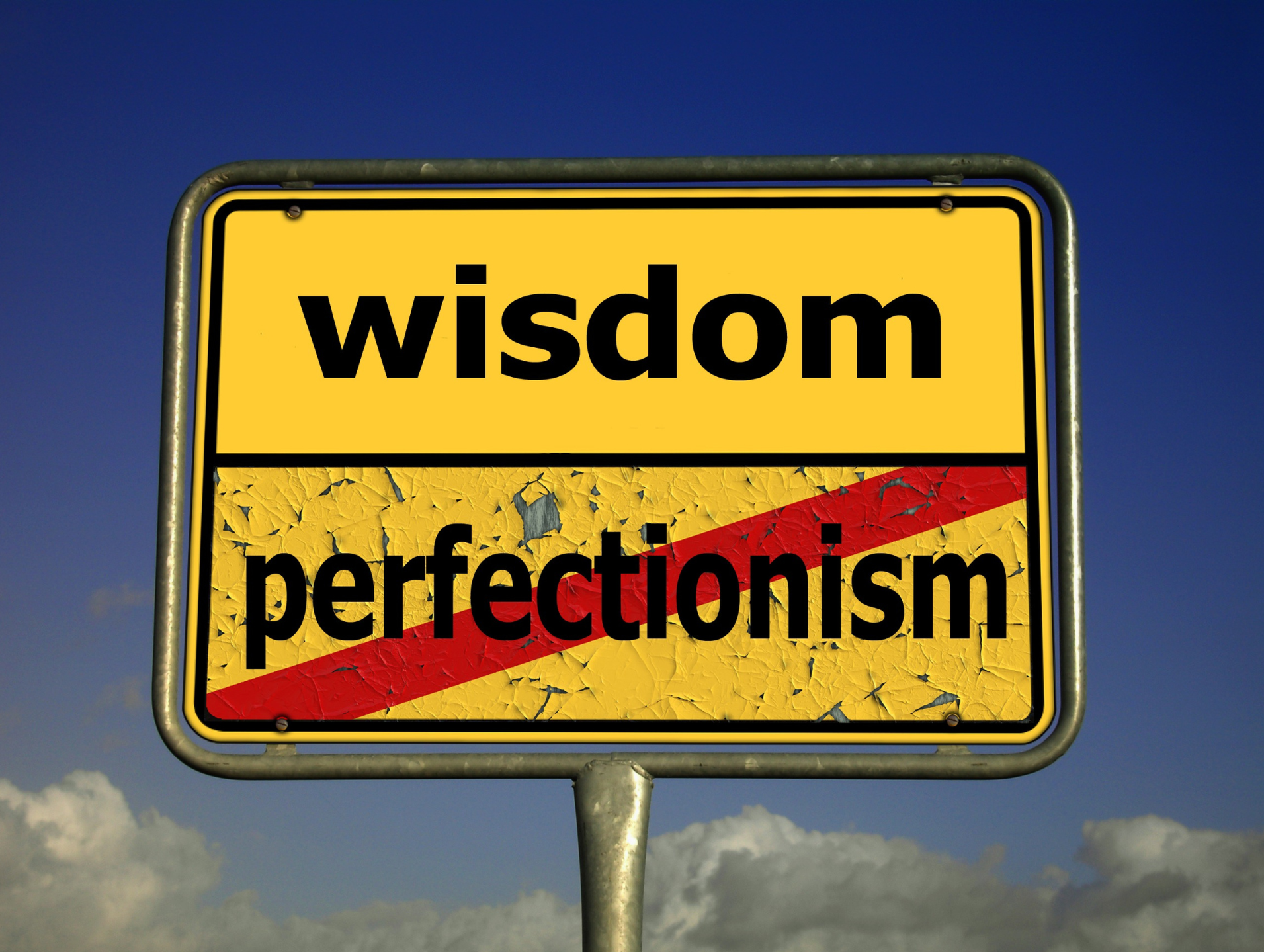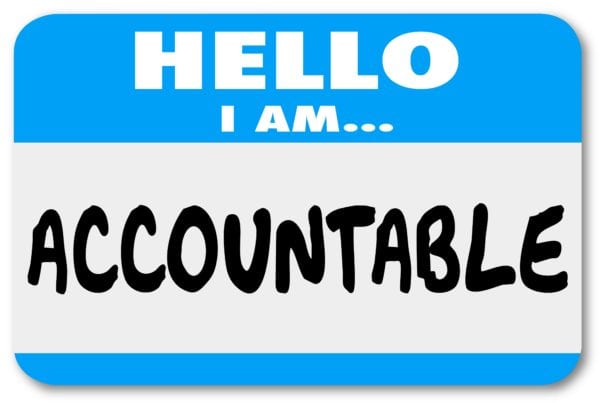 As many of my readers know I play in a Rush tribute band called The Spirit of Rush (https://www.facebook.com/spiritofrushatlanta/). For those not familiar with Rush’s music, the best word to describe it “complex.” To say the least.
As many of my readers know I play in a Rush tribute band called The Spirit of Rush (https://www.facebook.com/spiritofrushatlanta/). For those not familiar with Rush’s music, the best word to describe it “complex.” To say the least.
Many of their songs have multiple time signature changes and in-depth lyrics. I find learning and memorizing the songs to be a fun challenge.
In 2021 we performed a super-complex 18-minute song (yep, you read that right) live to an enthusiastic audience. I managed to sing every line of the song correctly except for one. I mixed up a couple of words, then got back on track immediately.
That night, I could not stop thinking about that one line. Rather than praising myself for singing 17 minutes and 55 seconds of the song on target, I cursed the imperfection.
In the context of live music performance, my clinging to perfection didn’t cause much harm other than wasted energy. In DEI contexts, however, perfection is dangerous.
What do I mean by dangerous?
Let’s say you are White and you want to have more honest conversations about race. If you wait until you can say exactly the right thing 100% of the time, you will never have those conversations in the first place. Then you stay stuck.
And worse, that stuck-ness causes great harm to people of color and other historically underrepresented groups.
Many organizations want to commit to DEI. They start out strong, but six months to a year later have stalled out. There are many reasons for the stall, but two of the most common are perfectionism and committing to things they aren’t actually ready to do.
What is the alternative to perfection? One word comes to mind: Accountability.
Have that conversation about race or challenges facing the LGBTQ community. Educate yourself and dive in. And most importantly, get feedback on your actions from those most impacted.
Know that missing the mark is part of the process. When do you miss it, and inevitably you will, apologize and state your plan for remediation.
For example, “Wow, I just heard what I said. I apologize. I’m going to attend the LGBTQ panel discussion on Friday to learn more so I can do better.”
Or, if someone else makes you aware of an action that harmed them, accept the feedback, thank the person for sharing, and make a plan to change a process or behavior. Most importantly, get right back out there doing the work.
Perfection for us humans is virtually unattainable. So why make that our goal?
For me, in music, my goal is no longer perfection. My goal is to bring joy to others. In DEI, my goals are to reduce harm, advance equity, and amplify as many diverse voices as possible.
And imperfection will be with me all along the way.




